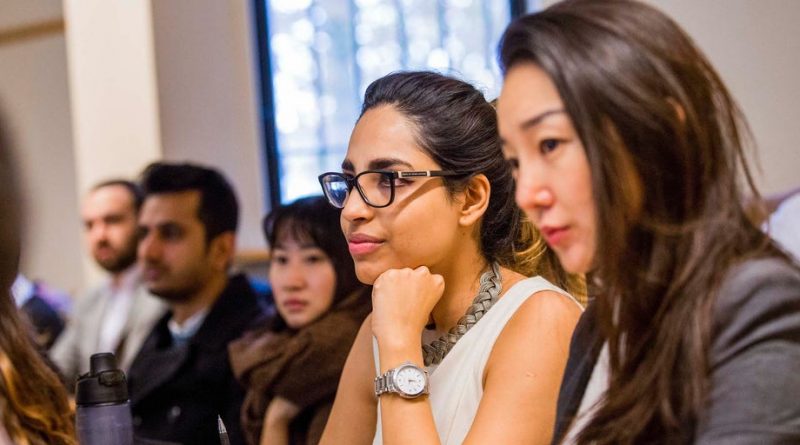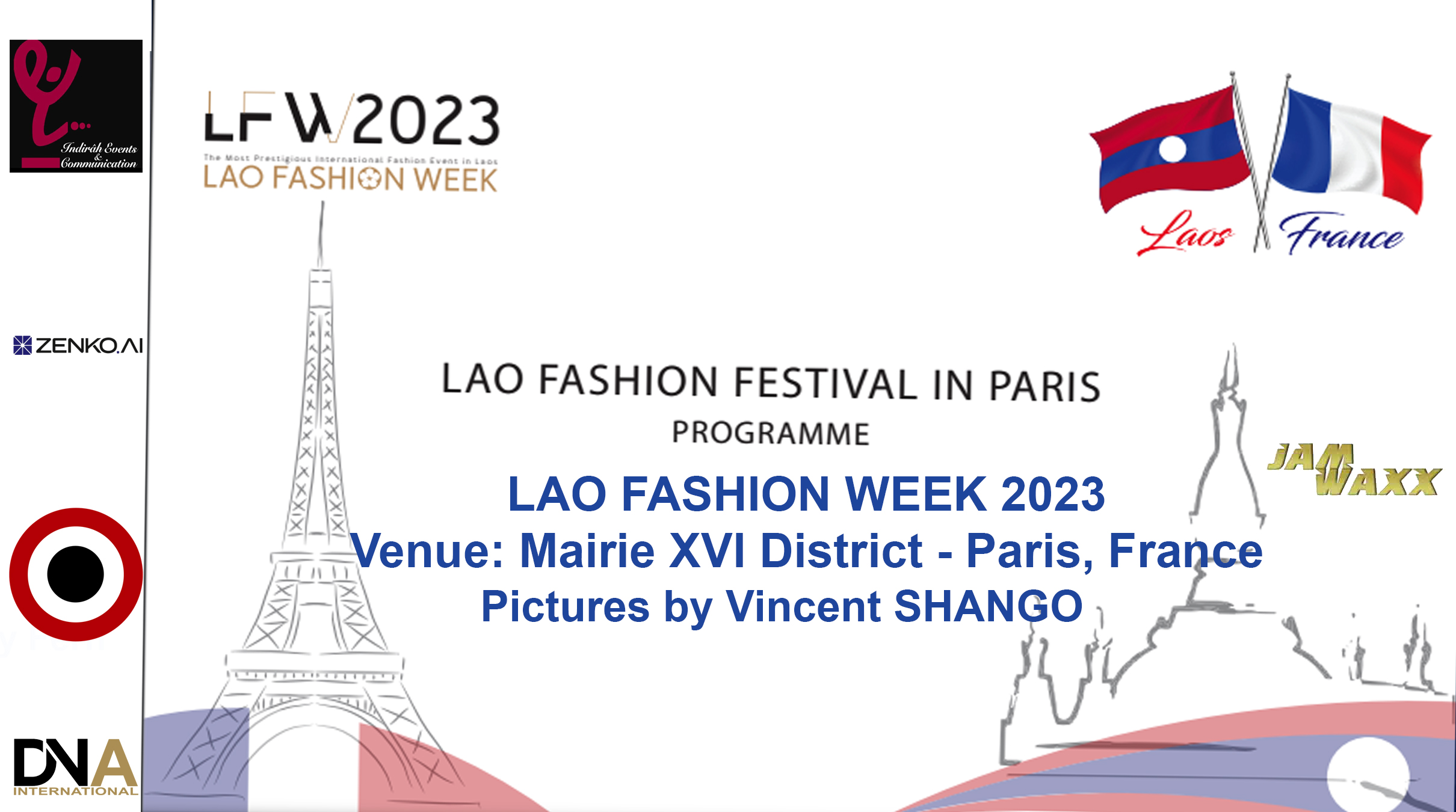ESSEC Celebrates 25 Years of Luxury Brand Management Education | Education, Sponsored Feature
PARIS, France — ESSEC’s motto is “the Pioneering Spirit,” and since 1995, it has sought to instill that attitude into the next generation of luxury professionals. Originally launched in partnership with LVMH and L’Oréal Luxe — the world’s largest luxury conglomerate and the beauty giant’s prestige consortium of brands — the school was tasked with nurturing the next generation of luxury professionals to create a talent pool of specialists equipped with the insight and experience to develop luxury businesses in emerging markets.
Today, the school collaborates with “all the major luxury groups” worldwide, both in placing graduates in leading luxury maisons and retailers, as well as creating unique educational experiences to train its current students. The school’s curriculum is distinct in its scope, including fashion & accessories, jewellery & watches, fragrances & cosmetics, wines & spirits, luxury retail and luxury hospitality — all condensed into an immersive and intense year for the student body, of which approximately 50 percent are retraining from careers in other industries.
To shape the next generation of luxury professionals, the school offers students a mentorship programme, a 2-month field project/consulting mission with a luxury brand over the summer, conferences with leading executives throughout the year, a one-week boutique internship and four global field trips to New York, Shanghai, Milan, Florence and Switzerland, as well as individual career counselling from an industry professional.
To hear more about how an education at ESSEC has driven their career in luxury forward, BoF interviews three graduates of the programme: Mercedes Abramo, president and CEO of Cartier North America; Megha Malagatti, business development director at L’Oréal Luxe; and Xi Yu, assistant general manager of sales, watch & jewellery department for La Samaritaine of LVMH’s DFS.
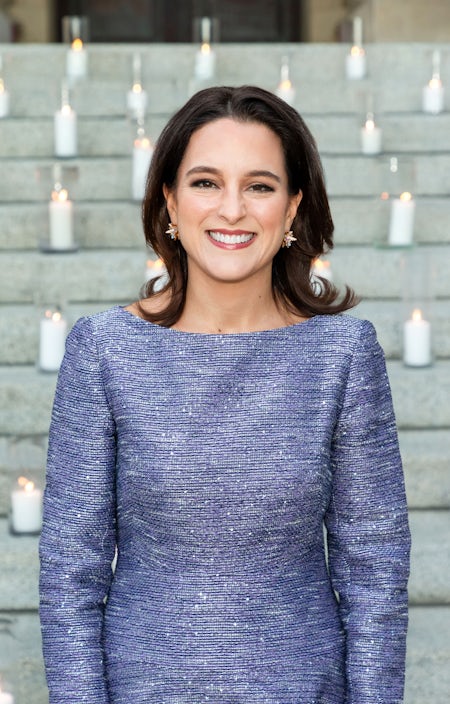
Mercedes Abramo, President and CEO of Cartier North America | Source: Courtesy
Mercedes Abramo, President & CEO of Cartier North America, Graduated 2002
The ESSEC curriculum exposed me to the industry from day one. In a nine-month period, you’re receiving four- or five-years’ worth of international exposure.
Why did you choose to study at ESSEC?
For eight years, I held a variety of different positions around the US, working for the Ritz-Carlton Hotel Company. I was advancing towards senior management positions when my husband was offered a job in France.
While a great move for our family and for my husband professionally, I wanted to do something to stimulate myself intellectually. I looked into a number of MBA programmes until I stumbled upon ESSEC. I thought it was perfect, having a true luxury angle but also exposing me to other parts of the industry beyond hotels.
What was the most valuable aspect of studying at ESSEC?
The ESSEC curriculum exposes you to the industry from day one. From guest speakers to international trips, in a nine-month period you’re receiving four- or five-years’ worth of international exposure. We also travelled a lot, taking advantage of what was nearby with day trips to Parisian houses and trade shows, such as the Basel watch fair. We then went to Milan and further afield to Tokyo.
When we visited Bugatti in Italy, touring the factory and listening to the manufacturing director on the shop floor discuss design and craftsmanship — it really resonated. These touchpoints taught me that product and savoir faire are to be protected and nurtured and it opened up a new luxury field to me.
How does the school connect students with mentors?
We were assigned official mentors, but you could also access many other contacts in their database. My mentor was the head of HR for Montblanc in France, who was particularly interested in my operational background. The school and mentors would look at our experience and pair us based on that, creating a real relationship.
Now, when ESSEC has a student field trip to New York, I host them at Cartier for an information session, tour and discussion. I also connect them with some of the other Richemont brands that their students would be interested in and with our HR team.
What skillsets resonated with employers in the luxury sector?
Getting your foot in the door of the luxury industry requires compromise. Upon graduating, I took a position that was a more junior role than I’d previously held within the hotel industry. However, I felt confident that the MBA had given me the skills to help me progress quickly, and it did.
From the beginning of the MBA, you are purposely paired on projects with other students who have backgrounds in different disciplines and cultures. Whether they’re coming from a creative mindset or a more financial one, there was a real openness to learning about topics and also from each other.
I was able to challenge myself on a lot of levels — both intellectually and on an interpersonal level. The school really teaches and challenges you to use every single resource.
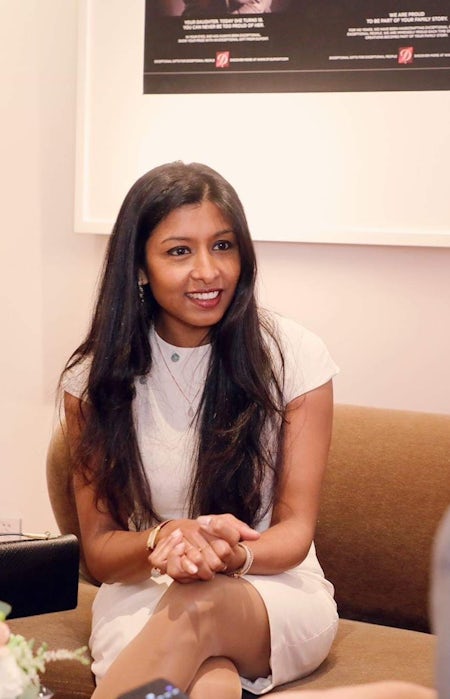
Megha Malagatti, Business Development Director, L’Oréal Luxe | Source: Courtesy
Megha Malagatti, Business Development Director, L’Oréal Luxe, Graduated 2012
Through my mentors, my networks, the classes and my colleagues, ESSEC helped me to build that first step.
Why did you choose to study at ESSEC?
I began my career as an engineer. I didn’t want to do engineering, I wanted to be in fashion, but being an Indian woman, I was expected to get married. I was unhappily married at 23 and later became the first in my family to get divorced.
While trying to apply for divorce, I met a few French friends in Bangalore who said, “Why don’t you apply to ESSEC?” I quit my job and started working in retail as a salesperson on the floor to get a better understanding of how a luxury mall operates. This confirmed that my decision to change my career and study at ESSEC was the right one.
I did not tell my parents and then, one week before the course began, I sold nearly everything I owned and left for Paris.
What do you believe ESSEC excels at?
I don’t come from a luxury background. As an engineer, I think logically, analytically, statistically. Talking about building dreams and the heritage of a luxury brand were all alien words to me.
ESSEC opened up this new world of deep-diving into a luxury brand that I believe no other school has the curriculum for. You’re not only taught how to build a luxury brand, but how to identify a business that could become one, how to put in the entire 360-degree plan, whether it’s through finance, supply, marketing, sales or building an entire new communication platform. Additionally, we had amazing practical conferences/sessions with many luxury houses and had the opportunity to visit them in Hong Kong, Italy, London and Geneva that opens doors to a pool of alumni.
How does the school enable industry connections and mentorship?
The school gives you one mentor but with its vast network, you could meet many more. I ended up having more than 10 mentors during my studies, but my main mentor, given by ESSEC, was Alain Crevet, the CEO of ST Dupont and former CEO of Givenchy perfumes and cosmetics.
Alain was instrumental in helping me build myself professionally and I was eventually recruited by ST Dupont, where I worked for seven and a half years under his leadership.
Once a week, I now take a call with an ESSEC student because they are a pool of fresh minds and the more you talk to them, the more you start thinking differently.
What skillsets did you develop for employment in the luxury sector?
ESSEC helped me develop my interpersonal and cross-cultural skills. I discovered who I am as an individual, my strengths and areas of improvement. It taught me how to be resilient. It helped me understand what sector and functions were apt for me to apply for a job.
ESSEC gave me a new career that I always loved and gave me hope to rebuild my life. I did receive a great scholarship that supported my studies. Through my mentors, my networks, the classes and my colleagues, ESSEC helped me to build that first step.
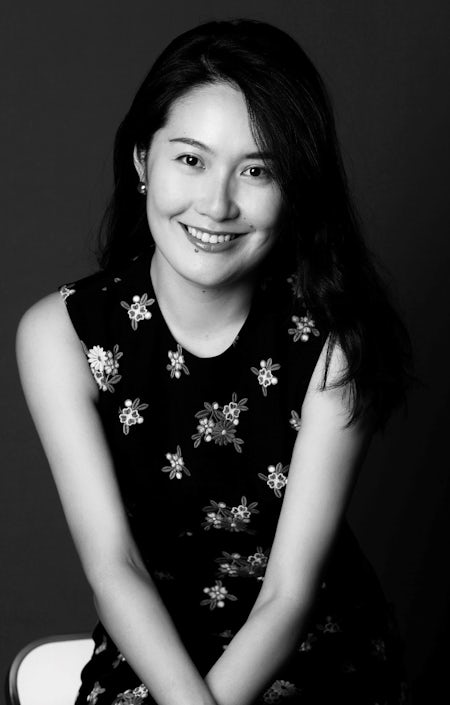
Xi Yu, Assistant General Manager, Sales, Watch & Jewelry Department for
La Samaritaine, DFS | Source: Courtesy
Xi Yu, Assistant General Manager, Sales, Watch & Jewelry Department for La Samaritaine, DFS, Graduated 2018
My time at ESSEC was particularly rich and diverse, providing 360-degree insights into the luxury sector.
Why did you choose to study at ESSEC?
I originally studied a major in German Language Studies in Beijing and initially worked for Mercedes-Benz, which involved a lot of rotations and trainings in different countries like Brazil and Germany.
However, I had always wanted to work within the luxury industry but felt that I wasn’t a strong enough candidate. I wanted to build up some legitimacy and experience, which led me to look for an MBA in Paris. I was focused on the luxury sector and felt that ESSEC was the most established in the industry.
What do you believe ESSEC excels at?
ESSEC was life-changing in terms of affecting both my career focus. Over the year, my values, ideas and preferences were certainly shaped and evolved. I used to exist in a culture that was Chinese, German and British, but now I’m working with a more diverse team in Paris.
My time at ESSEC was particularly diverse, and rich, thanks to its extensive programme crossing all categories. This provides 360-degree insights into the luxury sector, which helped me become more confident and readily able to talk to people across the industry.
How does the school enable industry connections and mentorship?
Networking and access are extremely important, especially in the luxury sector. I cannot think of another school who can offer such a strong relationship with the industry. During our final project, the consulting mission, we work on a specific project for a luxury brand. I worked with DFS France, specifically on the La Samaritaine project. We were treated like colleagues, given access to internal interviews and connected with executives in Hong Kong and Paris.
The La Samaritaine project director encouraged me to apply for their leadership programme and I was offered a one-year accelerated programme and sent to the retail team in Hong Kong for manager training. Now, I’m back in Paris leading the watch and jewellery department.
What skillsets did you develop for employment in the luxury sector?
Sometimes as a team, you must observe individuals, identify who is good at what and allocate work accordingly. This skill is something I began to develop at ESSEC and use regularly in my career today. I also learned to share opinions, to negotiate and always be ready to present ideas. Making your voice heard is a true skill.
This is a sponsored feature paid for by ESSEC in partnership with BoF. To learn more about the Luxury Brand Management MBA programme, join a masterclass on Livestreaming Opportunities for Luxury Brands Post-Covid-19 on September 30.

